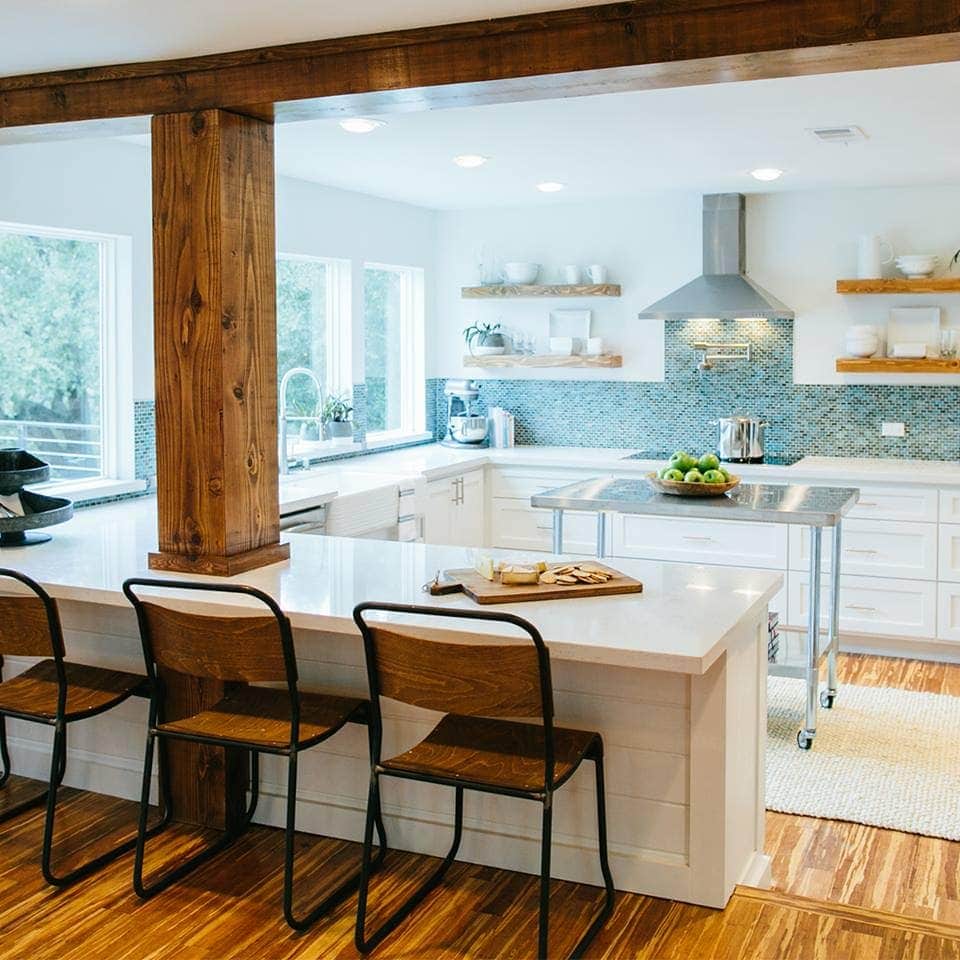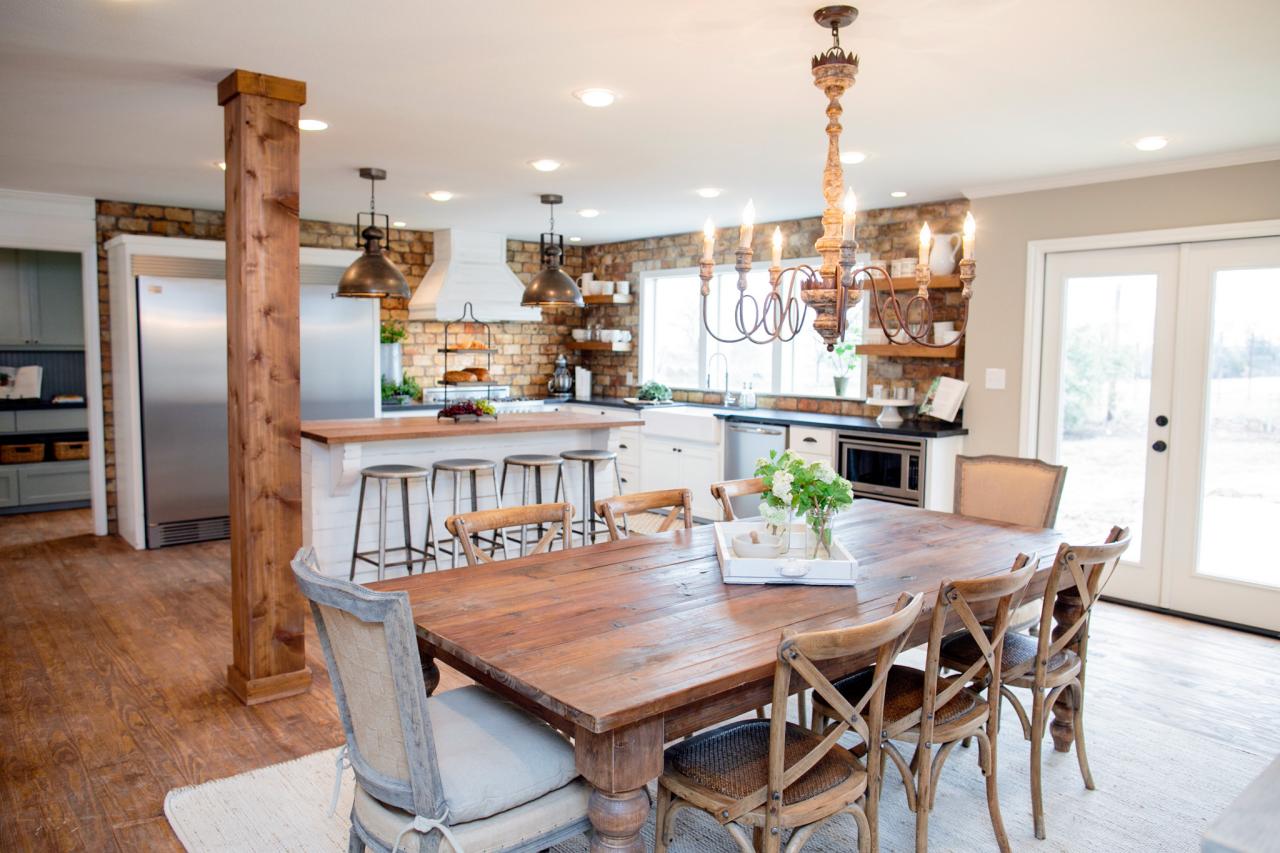Fixer Upper: The Ultimate Guide To Transforming Your Dream Home
**So, you've probably heard about fixer upper homes, right? They're not just some random property listings; they're your ticket to building the home of your dreams. Whether you're a seasoned investor or a first-time homebuyer, fixer-upper projects can be both rewarding and challenging. But hey, who doesn't love a good challenge when it comes to creating something amazing? Fixer upper homes are all about potential, and with the right approach, you can turn an old, rundown house into a beautiful, modern sanctuary.**
Now, let me tell you, the term "fixer upper" doesn't just mean a house that needs a little paint or new furniture. No, no, no. We're talking about properties that require some serious TLC—tender loving care. These homes might have structural issues, outdated kitchens, or bathrooms that scream "1970s." But don't let that scare you off! With the right tools, knowledge, and a bit of elbow grease, you can create a space that's not only functional but also reflects your personal style.
And here's the best part: fixer upper homes can be a fantastic investment. Not only do they allow you to customize your living space, but they also offer the potential for significant financial returns. Whether you're planning to live in the house or flip it for profit, understanding the ins and outs of fixer upper projects is crucial. So, buckle up because we're about to dive deep into the world of fixer uppers and uncover everything you need to know to succeed.
Read also:Cole Buxton The Rising Star Of The Modern Music Scene
What Exactly is a Fixer Upper?
Let's break it down, shall we? A fixer upper is essentially a property that requires renovations or repairs to reach its full potential. These homes might range from needing minor cosmetic updates to major structural overhauls. The key here is that they offer buyers the chance to purchase at a lower price point, with the understanding that work will be needed to bring the property up to standard.
Some fixer uppers are relatively straightforward, requiring new flooring, updated fixtures, or fresh paint. Others might need more intensive work, like replacing the roof, upgrading the electrical system, or even adding an extension. The level of renovation required can vary widely, so it's important to assess each property carefully before making a decision.
Why Choose a Fixer Upper?
There are plenty of reasons why people opt for fixer upper homes. First and foremost, they often come with a lower price tag compared to move-in-ready properties. This can be a huge advantage for buyers who are looking to stretch their budget or investors aiming to maximize their returns.
- Lower upfront costs
- Customizable design options
- Potential for significant equity growth
- Opportunity to learn new skills
Plus, working on a fixer upper can be incredibly fulfilling. There's something truly satisfying about transforming a neglected property into a beautiful home. It's like giving a house a second chance at life, and who wouldn't want to be part of that process?
How to Identify a Good Fixer Upper
Not all fixer upper homes are created equal. Some might seem like a great deal at first glance, but upon closer inspection, they could turn out to be more trouble than they're worth. So, how do you identify a good fixer upper? Here are a few tips:
Inspect the Foundation
The foundation is the backbone of any home, and if it's compromised, it can lead to costly repairs down the line. Make sure to have a professional inspect the foundation for any signs of damage, such as cracks, water damage, or shifting soil. A solid foundation is essential for any successful fixer upper project.
Read also:Brewdoir Pography The Ultimate Guide To Capturing Coffeeinspired Moments
Check the Roof
A leaking roof can cause a whole host of problems, from water damage to mold growth. Before purchasing a fixer upper, ensure that the roof is in good condition or budget for necessary repairs. A new roof might be a significant expense, but it's a worthwhile investment in the long run.
Assess the Electrical and Plumbing Systems
Outdated or faulty electrical and plumbing systems can pose serious safety risks. Have a licensed contractor evaluate these systems to identify any potential issues. While updates might be expensive, they're essential for ensuring the home is safe and functional.
Cost Considerations for Fixer Upper Projects
When it comes to fixer upper homes, budgeting is crucial. You don't want to end up in over your head with unexpected expenses. Here's a breakdown of some common costs you might encounter:
- Property purchase price
- Renovation materials
- Labor costs
- Permits and inspections
- Unexpected repairs
It's always a good idea to have a contingency fund set aside for unforeseen expenses. Renovations rarely go exactly as planned, and having a financial cushion can help you avoid stress and potential project delays.
Financing Options for Fixer Upper Homes
Paying for a fixer upper home can be tricky, especially if you're planning on making significant renovations. Fortunately, there are several financing options available to help you fund your project:
FHA 203(k) Loan
This loan program allows buyers to finance both the purchase of a home and the cost of renovations in one mortgage. It's a great option for those who need a bit of extra help covering renovation expenses.
Home Equity Line of Credit (HELOC)
If you already own a home, a HELOC can be an excellent way to finance a fixer upper project. This type of loan allows you to borrow against the equity in your current home, providing you with the funds needed for renovations.
Personal Loans
For smaller projects, a personal loan might be a viable option. These loans typically have lower interest rates than credit cards and can be a good choice for covering specific renovation costs.
DIY vs. Hiring Professionals
One of the biggest decisions you'll face when tackling a fixer upper project is whether to do the work yourself or hire professionals. Both options have their pros and cons:
DIY Renovations
Going the DIY route can save you money on labor costs and give you a sense of accomplishment. However, it requires time, effort, and a certain level of skill. If you're not experienced with construction or home improvement, taking on too much can lead to costly mistakes.
Hiring Professionals
Hiring professionals ensures that the work is done correctly and efficiently. While it might be more expensive upfront, it can save you time and frustration in the long run. Plus, professionals often have access to materials and tools that might not be available to the average homeowner.
Popular Fixer Upper Projects
Some fixer upper projects are more popular than others, and for good reason. Here are a few common renovation ideas that can add significant value to your home:
Kitchen Renovations
A modern, functional kitchen is a top priority for most homeowners. Updating appliances, cabinets, and countertops can transform a dated kitchen into a stylish and practical space.
Bathroom Upgrades
Bathrooms are another area where updates can make a big impact. Installing new fixtures, tiling, and lighting can create a spa-like atmosphere that everyone will love.
Energy Efficiency Improvements
With the growing focus on sustainability, making your home more energy-efficient is a smart move. Consider adding insulation, upgrading windows, or installing a modern HVAC system to reduce your carbon footprint and lower utility bills.
Common Mistakes to Avoid
Even the most well-planned fixer upper projects can encounter setbacks. Here are a few common mistakes to watch out for:
- Underestimating costs
- Not having a clear plan
- Skipping inspections
- Over-customizing for personal taste
By being aware of these pitfalls, you can better prepare yourself for the challenges that might arise during your fixer upper journey.
Tips for Success
Finally, let's wrap up with some tips for ensuring your fixer upper project is a success:
- Do your research and set realistic goals
- Work with experienced professionals when needed
- Stay organized and keep detailed records
- Enjoy the process and celebrate your progress
Fixer upper homes offer endless possibilities for creativity and growth. With the right mindset and approach, you can turn a neglected property into a stunning home that reflects your unique style and vision.
Conclusion
In conclusion, fixer upper homes can be an exciting and rewarding venture. They provide the opportunity to create a personalized living space while potentially increasing your property's value. By understanding the key aspects of fixer upper projects, from identifying the right property to managing costs and avoiding common mistakes, you can set yourself up for success.
So, what are you waiting for? Dive into the world of fixer uppers and start transforming your dream home today. And don't forget to share your experience with us in the comments below. Who knows, your story might just inspire someone else to take the plunge!
Table of Contents
- Fixer Upper: The Ultimate Guide to Transforming Your Dream Home
- What Exactly is a Fixer Upper?
- Why Choose a Fixer Upper?
- How to Identify a Good Fixer Upper
- Cost Considerations for Fixer Upper Projects
- Financing Options for Fixer Upper Homes
- DIY vs. Hiring Professionals
- Popular Fixer Upper Projects
- Common Mistakes to Avoid
- Tips for Success
- Conclusion


